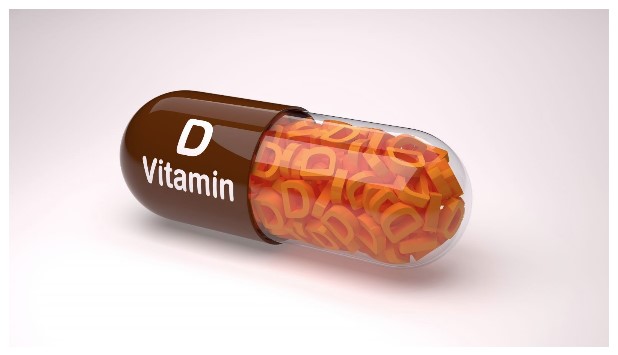Vitamin D: Why is it so important?
Vitamin D is a unique nutrient that plays a vital role in our health, serving as both a vitamin and a hormone. However, the complexities surrounding vitamin D supplementation are often underappreciated.
Distinct from other vitamins, vitamin D has a hormonal function, orchestrating various bodily processes. This dual role as a nutrient and a hormone is crucial to understanding its impact on our health. The body utilizes vitamin D more effectively when it is naturally synthesized from sunlight, compared to standard supplement doses.
The benefits
While vitamin D is well-known for its importance in bone health and immune function, its influence extends far beyond these areas. Vitamin D receptors are present in almost every cell in the body, making it a key player in cardiovascular health, mental wellbeing, and even cancer treatment.
During the CoViD pandemic, a study showed that 90% of the of people who died from CoViD was deficient in vitamin D.
Balancing Vitamin D Sources
Sunlight exposure is the primary natural source of vitamin D, but its availability can be inconsistent due to factors like location and season. As a result, dietary sources and supplementation become essential to ensuring adequate vitamin D levels. However, caution is needed, as vitamin D is a fat-soluble nutrient that can accumulate to harmful levels if supplemented excessively.
Measuring Vitamin D Levels
Determining optimal vitamin D levels can be a point of contention, with different healthcare providers recommending varying ranges. The standard 25-hydroxyvitamin D test is generally considered the most reliable way to measure vitamin D status as it takes into account Vitamin D reserves.
Optimizing Vitamin D Supplementation
Effective vitamin D supplementation requires considering factors such as the interplay with other nutrients (like vitamin K and magnesium), the timing of dosage, and potential interactions with medications or health conditions. Consulting a healthcare provider is crucial to determine the appropriate supplementation strategy for individual needs.
In conclusion, vitamin D is a complex and multifaceted nutrient that demands a nuanced understanding to harness its full benefits and mitigate potential risks. By embracing its dual nature and integrating natural and supplemental sources, individuals can optimize their vitamin D levels for overall health and wellbeing.
Vitamin D: Why is it so important? Read More »




